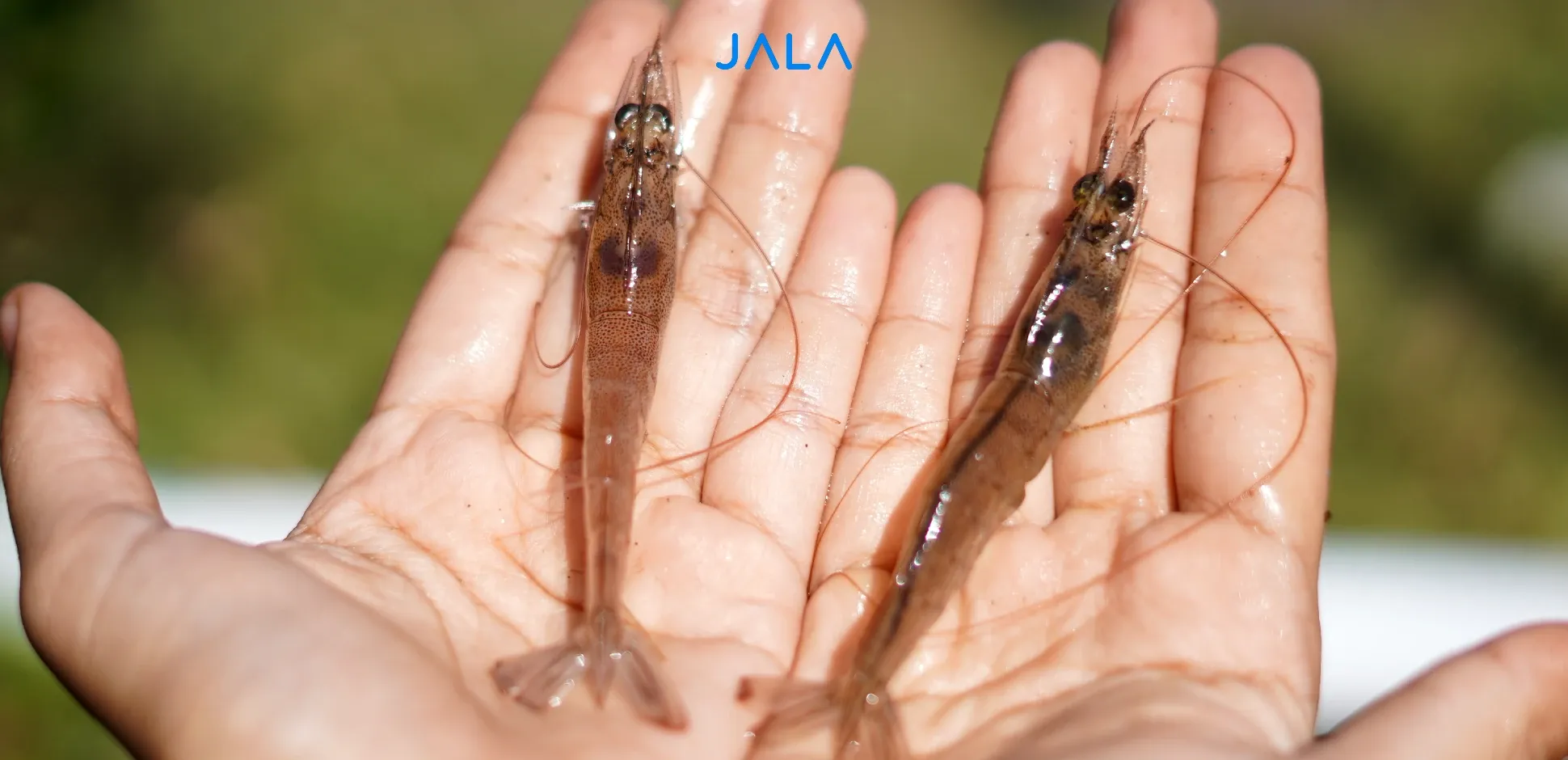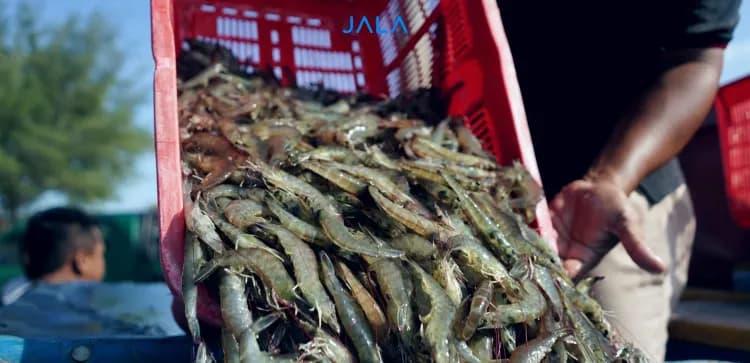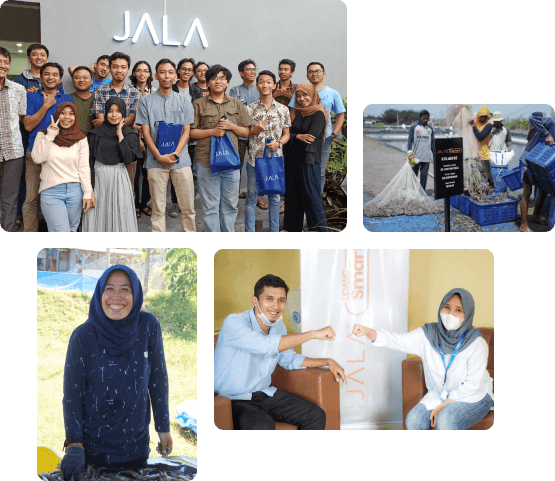
Lately, we've been hearing more frequent reports of shrimp exports from Asia, especially from Indonesia, being rejected by major destination countries such as United States, European Union, and Japan. One of the main reasons behind these rejections is the presence of antibiotic residues in shrimp products.
For aquaculture practitioners, this isn’t just a technical issue. Antibiotic residues can lead to serious consequences, not only the financial loss from rejected shipments, but also the damage they cause to the global reputation of Indonesian shrimp.
So, what exactly are antibiotic residues? Let’s take a closer look at the risks and how to prevent!
Real Cases from Vietnam and Thailand
In 2023, Japan rejected 11 out of 21 shrimp shipments from Vietnam due to the presence of a banned oxytetracycline antibiotic. In response, Vietnam’s relevant authorities issued an apology and promised tighter product monitoring, including requiring farmers to conduct proper testing before processing and shipment.
In 2024, shrimp from Thailand was also rejected by Japan due to detected enrofloxacin residues, which are prohibited in vannamei shrimp farming.
Why Are Antibiotic Residues Dangerous?
Using antibiotics in shrimp farming can be helpful to treat and prevent bacterial infections. However, if misused such as overusing or not observing proper withdrawal periods, the active substances can remain in the shrimp's body as residues. These residues pose serious risks to both human health and the environment.
Effects of Antibiotic Residues on Consumers
- Antibiotic Resistance: Consuming products containing antibiotic residues can promote the development of resistant bacteria in humans, making infections harder to treat.
- Allergic Reactions: Some individuals are sensitive to certain antibiotics, such as sulfonamides or tetracyclines, which can trigger allergic responses.
- Serious Health Issues: Contamination with antibiotics like chloramphenicol or nitrofuran has been linked to severe health conditions such as aplastic anemia or even cancer.
Environment Impact of Antibiotic Residues
Wastewater from shrimp ponds that contains antibiotics can alter the natural microbiota and contribute to antibiotic resistance in aquatic microorganisms. This disrupts the surrounding ecosystem and increases the risk of spreading resistant bacteria.




